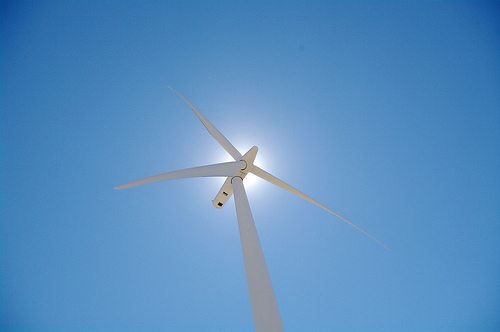

Invest
Renewable investors face growing risks as policies evolve
Investors that back renewable energy projects in Europe are being urged to gain an deeper understanding of the market and its value as many existing government supports are winding down or being replaced.
Globally $270 billion (£182bn) was invested in and committed to renewables last year. Despite the challenges after crude oil prices fell sharply, the figure is 17% increase on the previous year and the first rise since 2011, according to the UN Environment Programme.
The new report, from Pöyry Management Consulting, argues that European renewable investors must “significantly change their risk assessments as traditional support schemes evolve”. In particular it notes that Feed-in Tariff (FiT) schemes have offered renewable investors a low risk investment proposition. However, as assets mature they will soon be forced to compete with wholesale electricity.
“For many investors, renewables have been seen as an ‘invest and forget’ class of assets – with the upfront capital outlay opening up a long term and (fairly) dependable cash flow,” the report says.
“But with renewables now facing growing power markets risks in many European countries investors are going to need to take a much more active role in managing their portfolios.”
Some markets, including Germany and France, are moving towards ‘top-up’ schemes, where future generators will have to trade their power in the market but see their wholesale price revenues ‘topped up’ from a benchmark price to a fixed support level. The report states that this type of scheme exposes investors far more to the market than the FiT regime.
Phil Hare, from Pöyry Management Consulting, said, “Investors in renewable energy must fully understand the nature of the markets from which their assets increasingly earn revenue, in order to place a vale on them. There is now real focus on France and Germany in this respect.
“Operators will also have to actively manage these new risks by setting up trading operations or finding financial or physical trading counterparts and then implementing risk management strategies. The virtually risk free environment of FiT schemes, where investors could invest and forget, will cease to exist.”
Photo: lamoix via Flickr
Further reading:
Global renewable energy investment up 11% in promising third quarter
Global renewable energy investment on the rise
Renewable investment falls 15% in 2015


 Environment12 months ago
Environment12 months agoAre Polymer Banknotes: an Eco-Friendly Trend or a Groundswell?

 Features11 months ago
Features11 months agoEco-Friendly Cryptocurrencies: Sustainable Investment Choices

 Features12 months ago
Features12 months agoEco-Friendly Crypto Traders Must Find the Right Exchange

 Energy11 months ago
Energy11 months agoThe Growing Role of Solar Panels in Ireland’s Energy Future






























